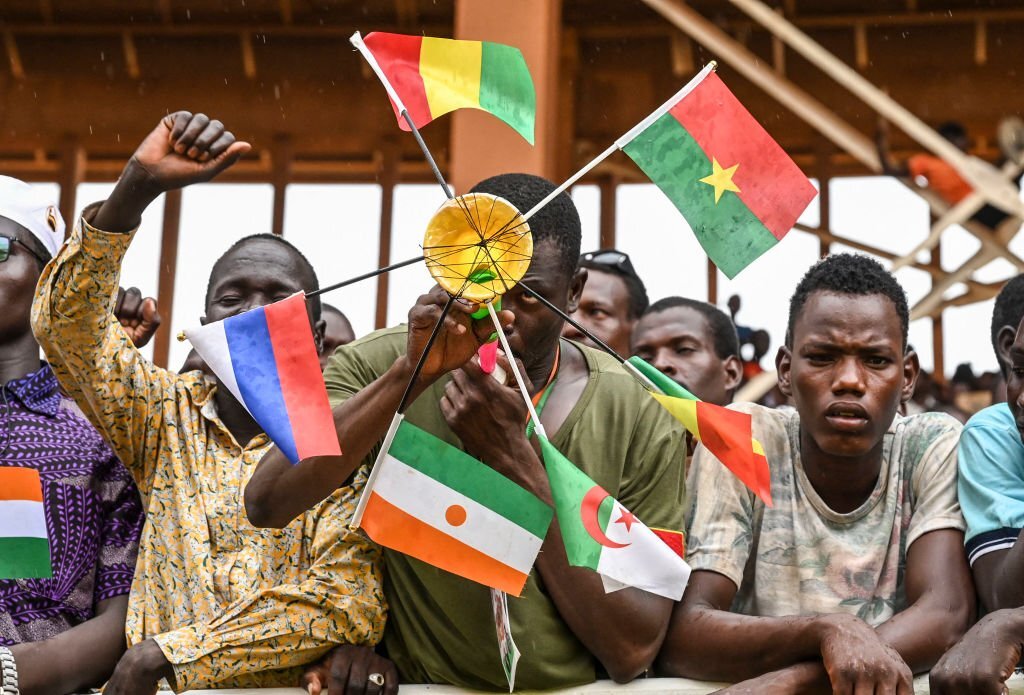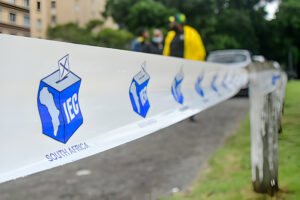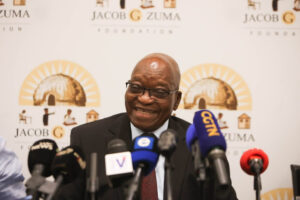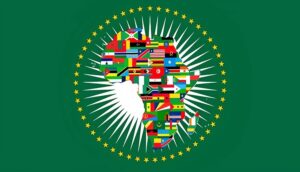The year 2023 has marked a significant shift for the Global South, a term often used to describe nations with developing or under-developed economies. Historically, this term has been more symbolic than representative of a unified front. However, recent events, particularly in West Africa, have brought the challenges and dynamics of the Global South to the forefront.
A New Wave of Coups in West Africa
In July, a military coup in Niger led to the overthrow of the democratically elected government, replacing it with a military junta. While coups are not uncommon in developing nations, this particular event ignited a debate within the Economic Community of West African States (ECOWAS). The question at hand: Should the bloc intervene militarily to reinstate the deposed president, Mohamed Bazoum?
“The coup in Niger inflamed a fierce anti-French and anti-Western sentiment throughout the Sahel and West African region.”
This sentiment is not isolated to Niger. In recent years, Mali, Guinea, Burkina Faso, and Chad have all experienced coups, leading to military rule. These nations now form a so-called “coup belt” across Africa, characterized by a growing resentment towards former colonial powers.
The tension escalated when ECOWAS imposed sanctions on the junta regimes and hinted at a potential military intervention in Niger. This move seemed to polarize the region, with one faction supported by the international community and Western nations, and another resisting the influence of former colonial powers.
The Global Power Play
While some argue that the pro-intervention camp is influenced by Western powers like France, there’s a counter-movement aligning with Russia and China. At the Russia-Africa Summit, Burkina Faso’s military President Ibrahim Traoré lauded Russia for its historical role in liberating Europe from Nazism.
“We have the opportunity to build new relationships that will help us build a better future for Burkina Faso,” Traoré said, emphasizing the need for African nations to be self-sufficient and not “puppets in the hands of the imperialists.”
However, there’s a concern that by aligning with powers like Russia or China, nations like Burkina Faso might be trading one form of imperialism for another.
The Delicate Balance of Development
For the Global South, the challenge in the coming decade will be navigating the intricate web of global powers while pursuing their developmental goals. Developing nations often find themselves reliant on more influential nations, but there’s potential for a degree of self-sufficiency if strategies are executed wisely.
For instance, a country could leverage the industrial expertise of a former colonial power, training its citizens and building domestic industries. The goal is to transition from foreign-assisted growth to domestic control without succumbing to foreign domination. A prime example of this balance is Saudi Arabia’s oil industry, which transitioned from American ownership to almost complete Saudi control.
The Global South’s Rising Significance
The Global South’s growing importance on the global stage, both economically and geopolitically, is undeniable. At a recent G20 summit, India’s representative, Amitabh Kant, highlighted the Global South’s potential to drive two-thirds of global economic growth in the coming years.
“All growth is now going to come from Global South… you need resources to flow in here,” Kant emphasized.
This recognition has led to an increased interest from global powers in forming partnerships with developing nations. The expansion of BRICS to include countries like Iran, Saudi Arabia, UAE, Egypt, Ethiopia, and Argentina has elicited mixed reactions from the West. Some officials express indifference, while others, like European Investment Bank president Werner Hoyer, voice concerns about the shift in alliances.
“We are at risk of losing the confidence of [the] Global South unless we take more action and get more visible there,” Hoyer cautioned.
The race for influence in the Global South is evident, with nations like Russia, China, Saudi Arabia, and the UAE making significant investments. The goal for these developing nations is to find a path to self-sufficiency and self-determination while maintaining their sovereignty amidst the global power scramble.














